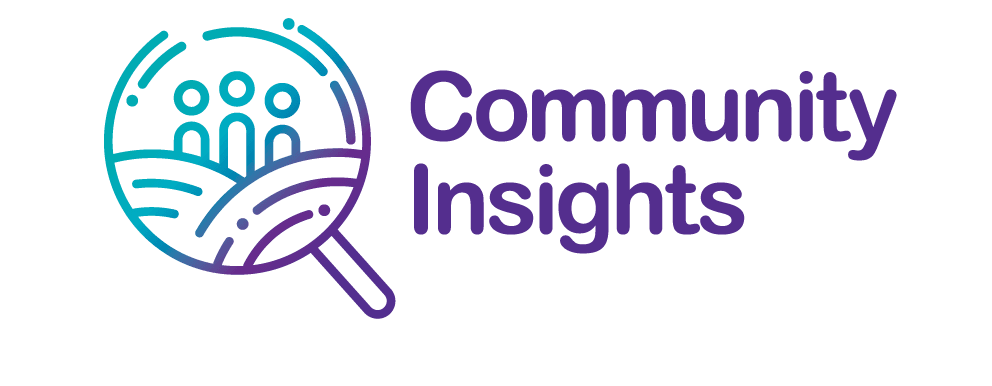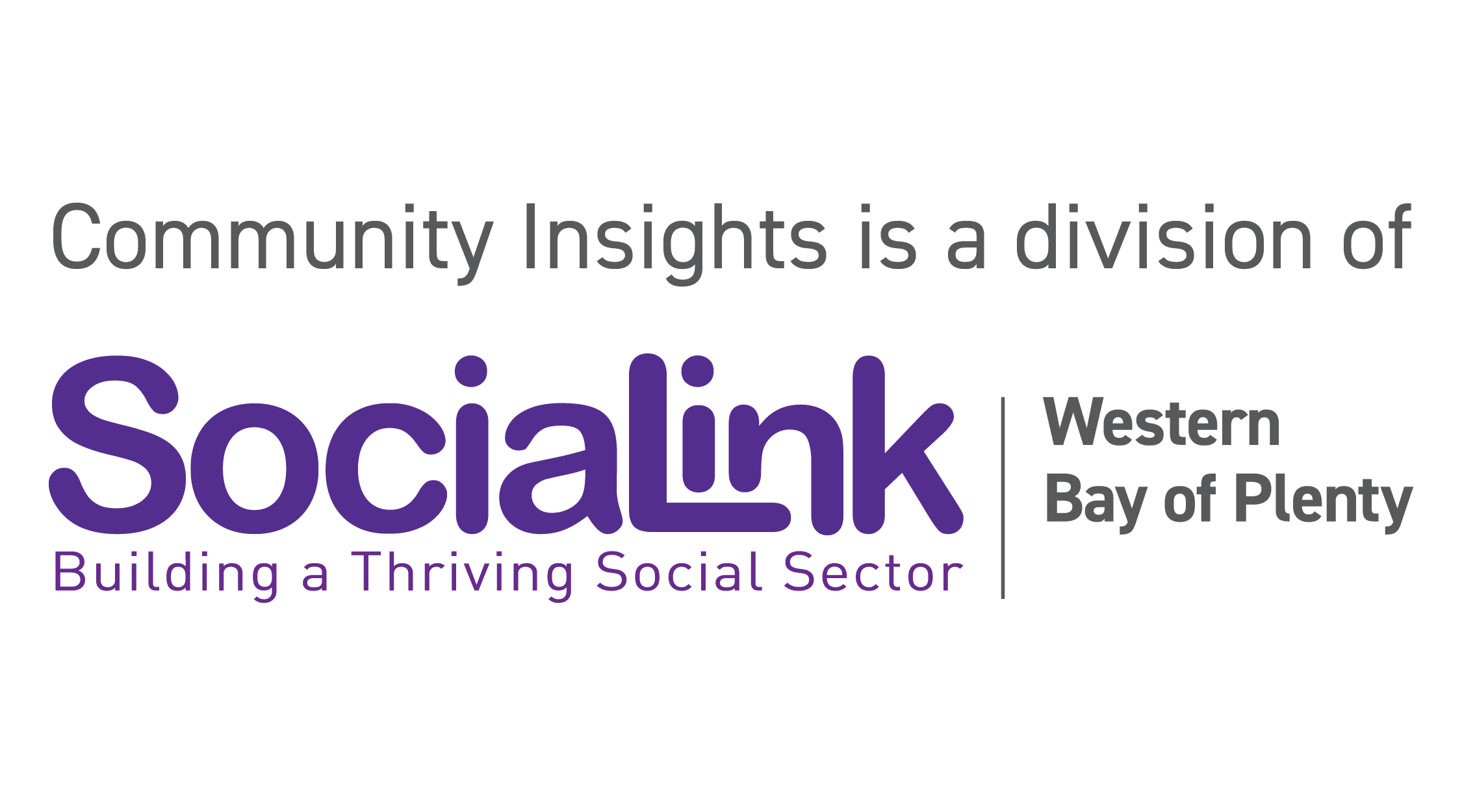The social sector has within it an enormous number of passionate committed people, who everyday put their skills, energy and the limited resources available to them to work, to enable positive changes for individuals, whānau, communities and the causes they care so much about.
And within this group of social sector workers is one particularly courageous bunch of people – those who have put their hand up at some point to take on the role of leadership in their organisation. It’s a tough gig - the demands are often immense, resources scarce and expectations of making a difference in their community through the work of their organisation, high.
As a new manager of a social service agency, one of the first things I had to get my head around moving in to my role, was the endless reporting requirements we had – reporting (weekly, monthly, quarterly and annually) to three different government agencies with whom we had service agreements, monthly reporting to a board and then annual reporting required under the Charities Act. And for each of these I was reporting on different things – our numbers, some narrative – in a different way for each stakeholder.
And like many new managers in the social sector, I didn’t come to the role with a management degree or a numbers background – I was a practitioner, who had got into the work because I wanted to make a difference, to work with people, to feel like the work I did was meaningful (for me) and hopefully to the people and communities I was working alongside.
So, I stumbled around for a little while, drew on the skills I did have, looked at what my predecessor had previously done and tried to work it out for myself. One of the scary things was, however that things had moved on since I did my formal training, and the skill set I was bringing to the new role, didn’t fully match the new requirements of me.
One of the things I did do early on, was to seek out some basic training to help me to make sense of the data we were collecting so I could have faith in the numbers we were regularly sending through to our funders. As a manager, you have to get that stuff right, because your agency reputation relies on reporting reliable, accurate numbers about how your agency has delivered.
Reporting was one part of the equation. But I have always also been drawn to making sense of things and thinking about the big picture. And in many ways the data I reported on didn’t answer any of the meaningful big questions I had. I needed to do more with all the data we were collecting from clients (that our team was routinely entering into our database) - to answer questions about our impact, service gaps, and whether what we were delivering was truly reflecting our vision and meeting the needs of our community.
So, I went off and found a basic Excel course (run out of the Katikati Community Centre), that enabled me to brush up on data skills that had for the most part been self-taught. Through this short course, taught over five sessions, I was gently guided through the process of how to clean, filter and sort our data and how to use basic pivot tables to analyse and organise the information we held about the people we were working with and the services we were providing. The course gave me invaluable new skills to help gain greater insights from our data and it wasn’t even that hard (despite my initial fears).
At SociaLink, over the last couple of years we have been running similar basic Excel courses for managers and administrators - anyone in local organisations who has to analyse and report on data. Our hope, in providing opportunities to build skills to work with data, is that as a sector we will get stronger at creating evidence-informed insights about what we are doing well, what we could do better, and the opportunities in front of us.
We are keen to find out what other kinds of support and training we can offer. Let us know about the sorts of programmes, courses and one-to-one support you need for working with data. Community Insights is here to support - to make better sense of the data you hold or access. Get in touch and we can talk about how we can do just that.
By Liz Flaherty, CI Manager






